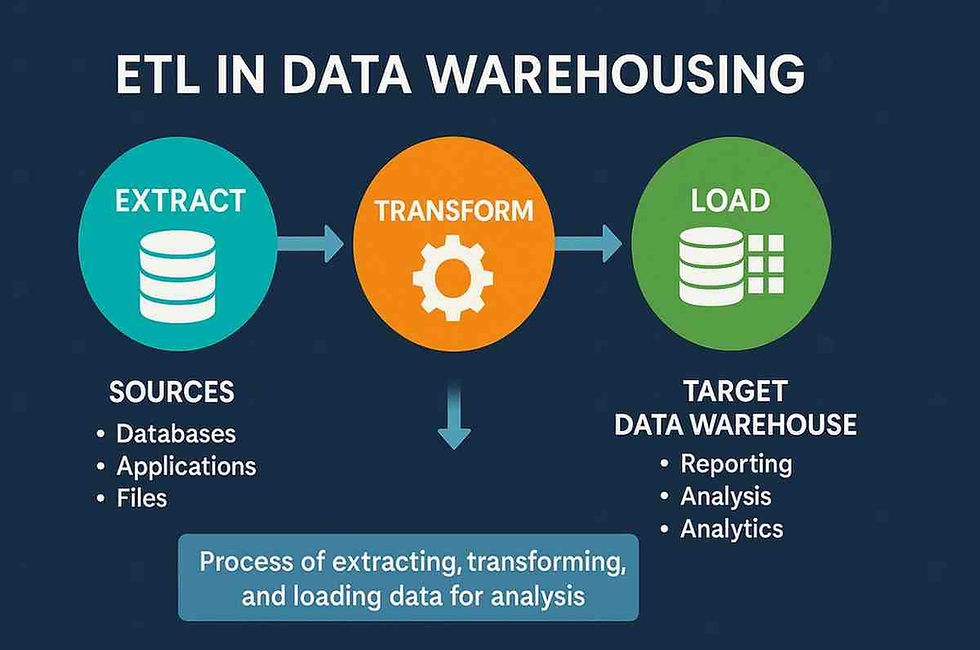Regression Testing: Ensuring Software Stability and Quality
- May 1, 2024
- 4 min read
Updated: Aug 26, 2024
Regression testers have been reinforced by the software that has the purpose of trivializing the regression testing process while software development is going on. Nevertheless, if a company considers the following issue as deployment testing, then what is regression testing, and why is it so important to the development cycle?
Understanding Regression Testing.
Central to the software testing techniques family is the retesting submethodology whose purpose is to make sure that any added new code modifications have not ruined the existing application functions. It can be explained as unique run of the older tests through which the new code changes and system upgrades are found to have adverse or backwards regressions unintendedly got affected.
Importance of Regression Testing.
Quantity regression test is critical in keeping software systems solid in today's world of fast-paced software creation where updates and additions come often. It being an example of the regression testing requirement.
1. Detecting Defects Early: Regression testing will re-execute the specified set of test cases to determine whether the product relapse and produce anomalies or regression within the recent modifications, and prevent it from becoming a major error to the consumers.
2. Ensuring Reliability: Regression testing, which is a type of testing, is directed at improving the reliability of the programme, through ensuring that all functions of the software are all operating as they were earlier developed.
3. Preventing Regression Issues: Comprising of various complex and integrated parts, software systems are relatively complex and multilayered. Regression testing is applicable to the system under development to ensure that identifying any changes made to a particular portion would not accidentally impact other sections of the system, leading to a reduction in the risk of regression problems.
4. Maintaining Quality: Regular regression testing helps teams prevent problems and errors that usually happen at the development process, then the quality of software is improved continuously.
5. Enhancing User Experience: By regression testing that plays a key role in delivering a best-in-class product that supposes a fine and smooth user experience is ultimately associated with a high level of customer satisfaction and loyalty through the timely detection and fixing the problems.
Regression testing is an activity to detect bugs and errors.
Regression testing software, frequently also called as test automation tools or the workplace of regression testing, are a set of specialty programs designed for automating the running of regression tests. With these tools, the testers become easily able to execute repeated test cases, manage their settings and thy end up with test reports that cover test results well.
Regression testing software is a kind of web and mobile apps automated solutions that is primarily employed to test the accuracy of data input and ensure that no errors slip through after code changes or updates.
A regression testing software typically is characterized by comprehensiveness, the presence of numerous features and functions that are tailored for use in testing.Typical characteristics include.
1. Test Scripting and Execution: Testers can compose, encode, and run test scripts with the aid of regression testing tools to automate the process of regression test execution across many different conditions.
2. Test Case Management: These tools come loaded with features, including version control, priority test selection, and scheduled test runs, among others, that help in organization and management of test cases.
3. Cross-Browser and Cross-Platform Testing: As an issue of guaranteeing the product's (regression testing software) usage across the web browsers, operating system types and device structure, this approach of testing is efficient in comparison with other methods of testing.
4. Integration with Test Management Systems: Many regression testing technologies are tightly integrated with other artifacts which means that test cases, test results, as well as other testing documents may be stored in test management systems.
5. Reporting and Analysis: To provide information for the use in decision-making and solving the issues with software, a regression testing generates rich reports with errors logs and performance data during the test execution.
6. Support for Continuous Integration/Continuous Deployment (CI/CD): Continuous integration and delivery (CIC/D) pipelines, are the frequently used automated tools. This means that you will not need to do regression testing manually but your work can be done by tools which will also integrate CIC/D pipelines. Clear result-focused regression tests can be developed alongside software development with the aim of finding problems instantly and fixing them swiftly.
Common Regression Testing Tools.
Now, being available on the market are a number of regression testing tools, and they all differ in terms of their capability and features. Regression tests in uses are majorly implemented by the following utensils:
1. Selenium: Selenium is one of the tools that is often used for web application testing, it is an open-source framework which is one of the most popular testing tools. It has to do with cross-browser testing because it is an extensive web browser and Computer language platform.
2. HP UFT (Unified Functional Testing): HP UFT is a industrial tool that been created to automate functional and regression testing of software applications. More like this earlier it was called 'QTP' it stands for 'HP Quick Test Professional'.
3. Test Complete: Test Complete creates an efficient platform for test automation that helps testing processes of desktop, online and mobile applications. It gives a variety of tools which are used for creating, writing, and verification of robust regression tests.
4. Apache JMeter: Regression testing will be done possibly with the freemium performance testing tool, Apache JMeter. It does it by allowing people testing applications to examine the performance under different conditions and to create additional user requests.
5. Ranorex: The commercial play Ranorex is aimed to accomplish automating the testing procedure of desktop, online, and mobile applications. It presents an UI that is simple and functions that are scripted for use in writing test cases and executing them.
Conclusion:
In conclusion, by automating the regression testing process, regression testing software is essential to guaranteeing the stability, quality, and dependability of software programmes. Software testing experts can effectively detect and address regression problems by using regression testing methods, which improves the overall quality and user experience of software products. Regression testing software will always be a valuable tool in the toolbox of testing experts as it allows them to adjust to the constantly shifting needs of the market and provide end customers with high-caliber software.




Comments